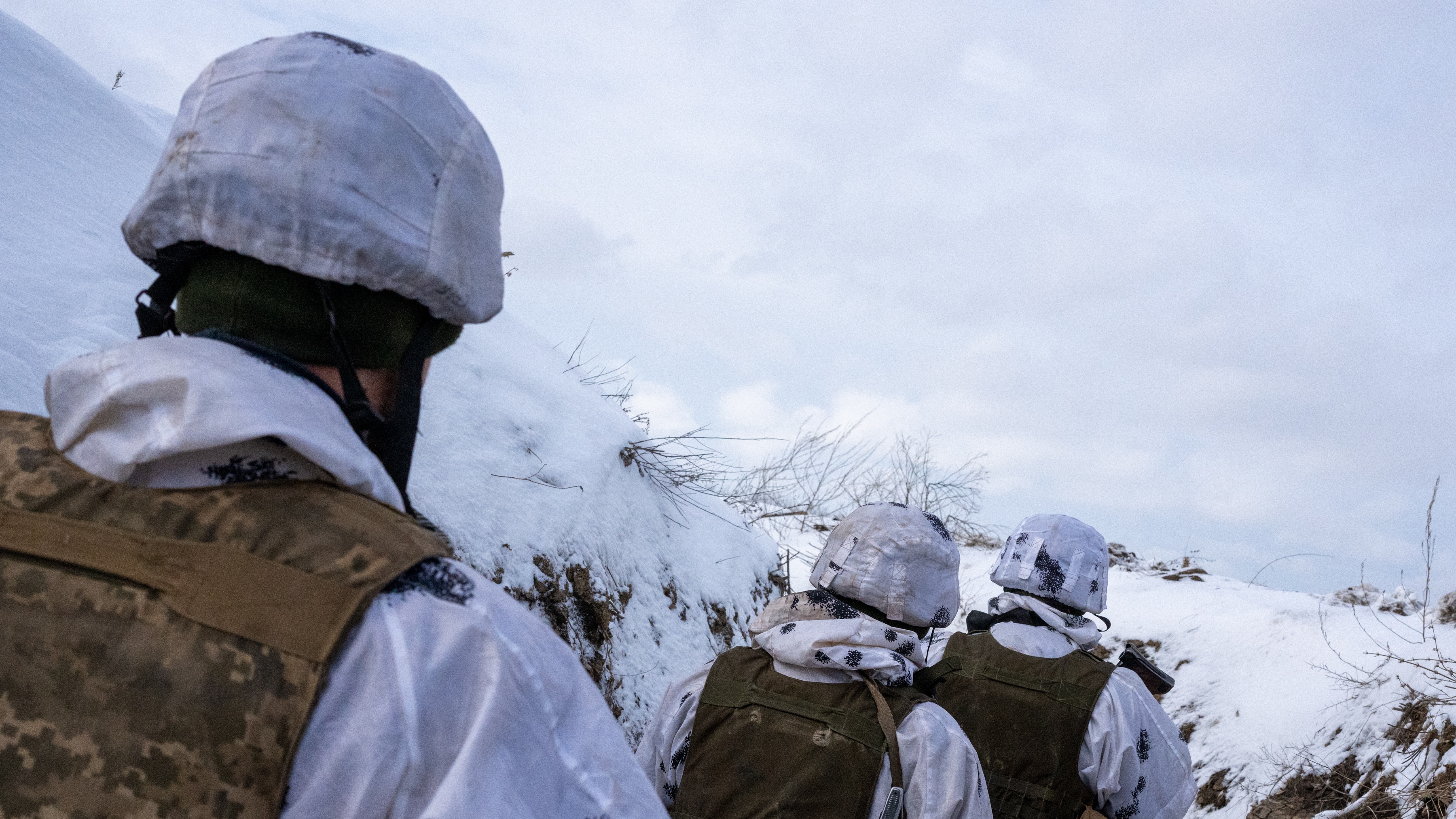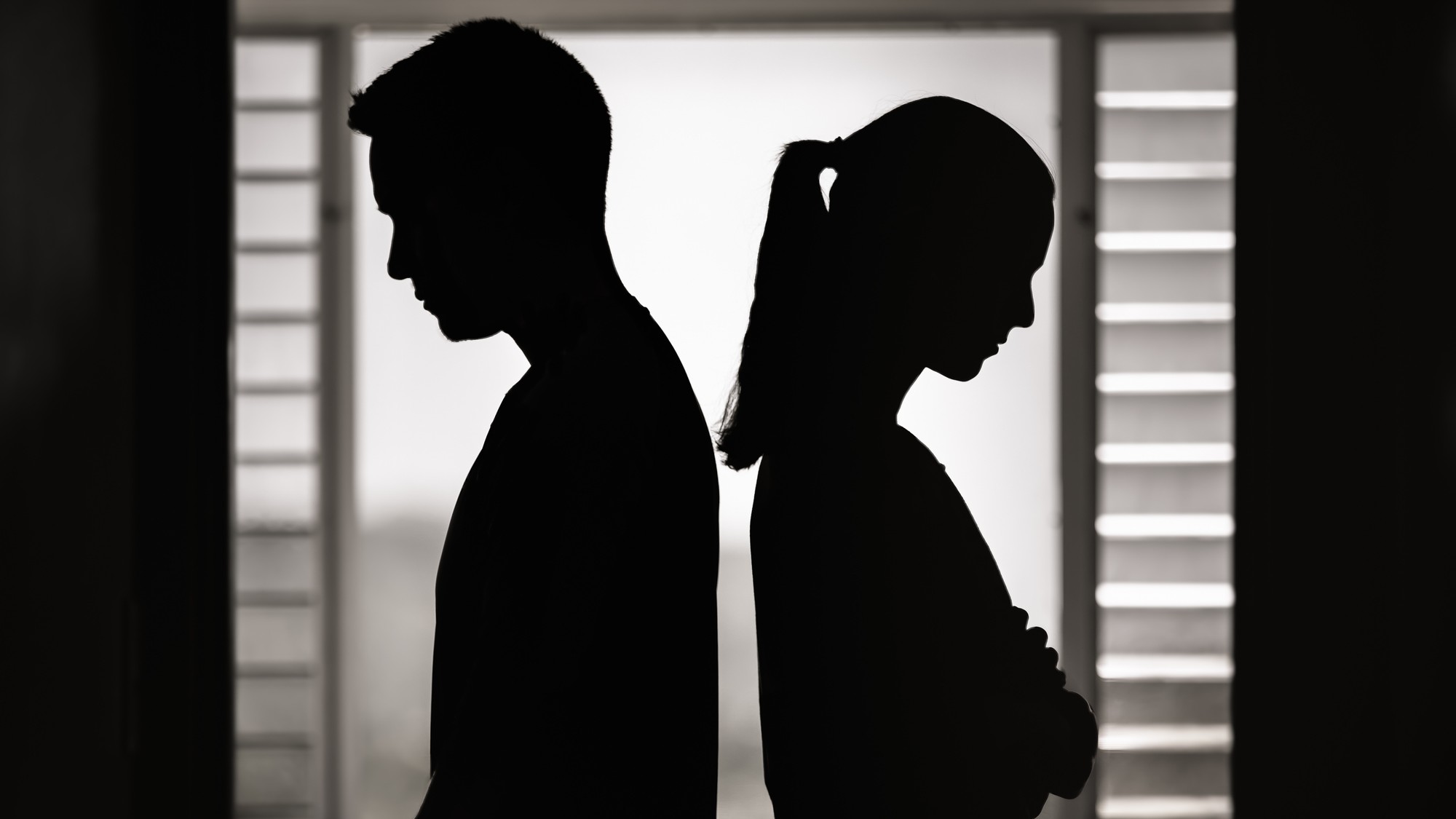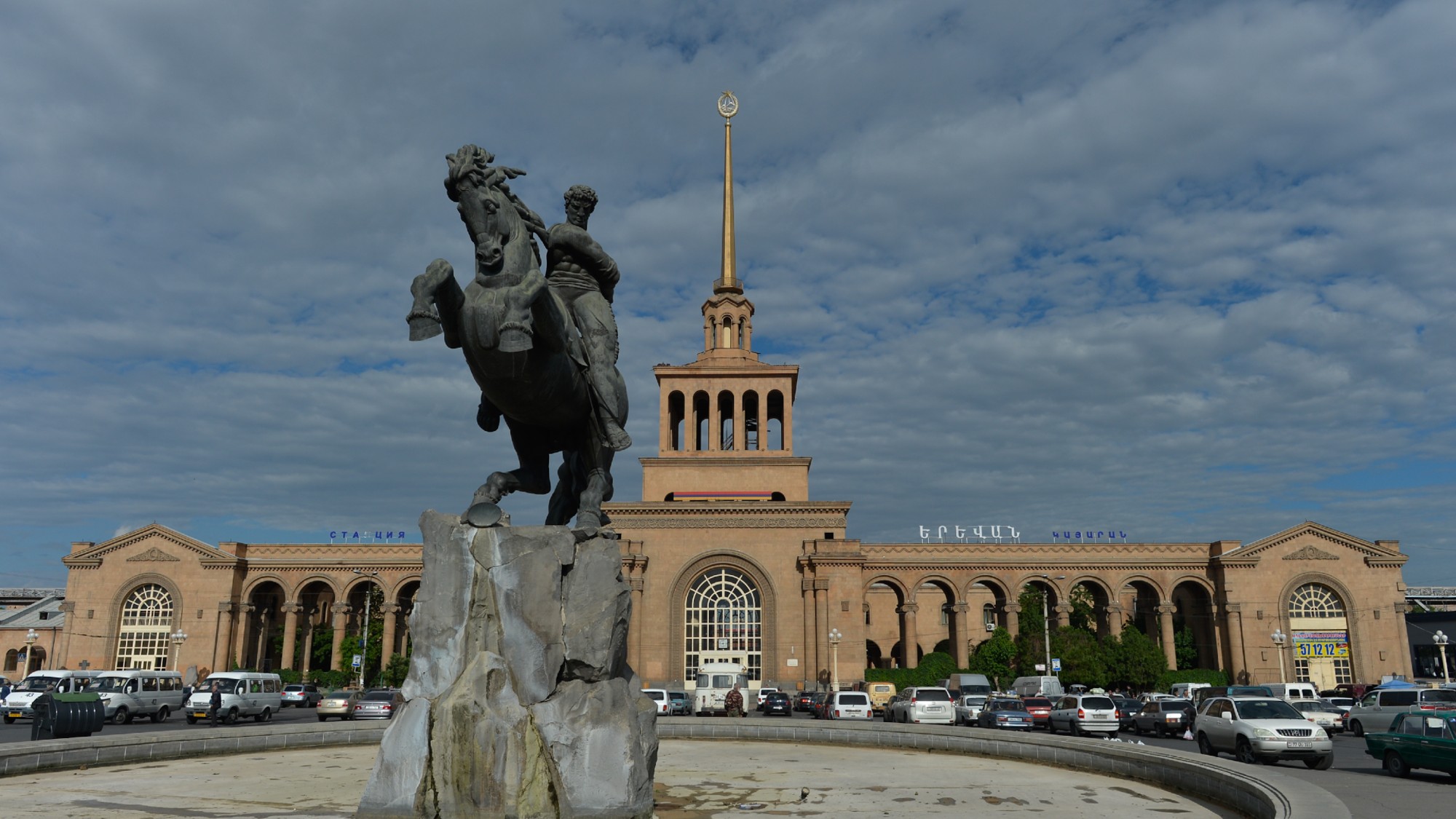Could conflict in Ukraine trigger European refugee crisis?
Nations including UK warned to brace for influx of millions of Ukrainians if Russia attacks

A free daily email with the biggest news stories of the day – and the best features from TheWeek.com
You are now subscribed
Your newsletter sign-up was successful
The government in Kiev is predicting that up to five million people would be forced to flee Ukraine if the Kremlin gives the order for a Russian invasion.
Poland is preparing to take up to a million “real refugees” from the neighbouring eastern European nation, where 1.5m people have already been “displaced from their homes by fighting in the east of the country”, The Times reported.
Officials in Slovakia and the Czech Republic also “estimate that tens of thousands of Ukrainian refugees might arrive if Russia attacked”, the paper added. And Kiev’s ambassador to London has said that the UK and France could also face a “wave of people fleeing conflict” that “could be the equal of the exodus seen in Syria”, according to The Telegraph.
The Week
Escape your echo chamber. Get the facts behind the news, plus analysis from multiple perspectives.

Sign up for The Week's Free Newsletters
From our morning news briefing to a weekly Good News Newsletter, get the best of The Week delivered directly to your inbox.
From our morning news briefing to a weekly Good News Newsletter, get the best of The Week delivered directly to your inbox.
‘Threat of annihilation’
Ukrainian ambassador Vadym Pristaiko told The Telegraph last week that Britain might face a major influx of refugees from his country if Nato failed to step in if war erupted. “I believe if [Western countries] get into their heads that actually today, this nation is under threat of annihilation, to ask for forces on the ground is not the last thing that a nation under such stress could call for,” he said.
“Imagine you start seeing pictures of Ukrainians killed, bodies lying in the road, cities bombed by the Russians looking like Grozny in Chechnya, and millions of immigrants fleeing. I’m not threatening people with this. We will have to face this.
“I don’t want to threaten people, say millions of Ukrainians will come here like Syrians did. But they will.”
Amnesty International has also raised a red flag over the “devastating consequences for the human rights of millions” if Russia gives the order for a troop incursion into Ukrainian territory.
A free daily email with the biggest news stories of the day – and the best features from TheWeek.com
“Another escalation of the armed conflict” would risk “threatening civilian lives, livelihoods and infrastructure; driving acute food shortages; and potentially causing mass displacement”, the human rights organisation warned.
Agnes Callamard, Amnesty’s secretary general, said: “The consequences of actual military force are likely to be devastating. Ukraine’s recent history is punctuated by conflicts involving Russian troops in Donbas and the illegal annexation of Crimea.
“These episodes have torn communities and lives apart, as military forces have trampled on the rights of civilians with impunity. It’s time to break that vicious cycle.”
Poland’s deputy interior minister, Maciej Wasik, told Polish television last week that his country, which shares a 330-mile border with Ukraine, was bracing for “an influx of real refugees, people fleeing from the inferno, from death, from the atrocities of war”.
“As a government, we must be prepared for the worst-case scenario,” he said. “And for some time the Interior Ministry has been taking steps to prepare us for the arrival of even a million people.”
Reluctant hosts
Kiev’s ambassador Pristaiko told The Telegraph that Vladimir Putin’s aggression could trigger a smaller wave of refugees even without a full-blown invasion.
“One of the problems we might face is that Putin will achieve his goal without even stepping across our border,” he warned. “He will be able to achieve his goal by sowing panic in Ukraine. Investors will pull out their month, the economy will stop working.”
Ukraine is also flanked by countries that were “reluctant to accept asylum seekers during the 2015 migration crisis and in the stand-off on the Polish-Belarusian border last autumn”, The Times said.
Poland and Hungary “refused to take in any refugees under a 2015 deal that was supposed to allocate 160,000 people among EU member countries” in order to “take the load off Greece and Italy”, noted Politico in 2017. Warsaw’s then-interior minister Mariusz Blaszczak told reporters in Brussels that “in agreeing to take in refugees, the [previous government] put a ticking bomb under us. We’re defusing that bomb.”
A question mark also hovers over how Minsk would respond to a refugee crisis, since the Kremlin supports the regime of Belarus’ dictator Alexander Lukashenko.
And Hungary’s strongman leader Viktor Orban has repeatedly moved to “defy the EU over immigration law”, the BBC said.
However, countries that have traditionally been hostile to refugees fleeing conflicts in the Middle East and Africa may be more open to accepting what Politico described as “ethnically homogenous” Ukrainians.
Interior minister Wasik has pledged that Poland will not “run away from” its responsibilities should refugees begin flooding in from Ukraine.
“Where there are refugees we must help them,” he said. “This is international law, but also the principles of the co-existence of civilised people.”
-
 Quiet divorces are sneaking up on older couples
Quiet divorces are sneaking up on older couplesThe explainer Checking out; not blowing up
-
 Spoil those special someones with these sweet Valentine’s Day gifts
Spoil those special someones with these sweet Valentine’s Day giftsThe Week Recommends Make them ooh and aah
-
 ‘Various international actors hope to influence the result for their own benefit’
‘Various international actors hope to influence the result for their own benefit’Instant Opinion Opinion, comment and editorials of the day
-
 Why is Tulsi Gabbard trying to relitigate the 2020 election now?
Why is Tulsi Gabbard trying to relitigate the 2020 election now?Today's Big Question Trump has never conceded his loss that year
-
 Will Democrats impeach Kristi Noem?
Will Democrats impeach Kristi Noem?Today’s Big Question Centrists, lefty activists also debate abolishing ICE
-
 The high street: Britain’s next political battleground?
The high street: Britain’s next political battleground?In the Spotlight Mass closure of shops and influx of organised crime are fuelling voter anger, and offer an opening for Reform UK
-
 EU-Mercosur mega trade deal: 25 years in the making
EU-Mercosur mega trade deal: 25 years in the makingThe Explainer Despite opposition from France and Ireland among others, the ‘significant’ agreement with the South American bloc is set to finally go ahead
-
 Do oil companies really want to invest in Venezuela?
Do oil companies really want to invest in Venezuela?Today’s Big Question Trump claims control over crude reserves, but challenges loom
-
 What is China doing in Latin America?
What is China doing in Latin America?Today’s Big Question Beijing offers itself as an alternative to US dominance
-
 Vance’s ‘next move will reveal whether the conservative movement can move past Trump’
Vance’s ‘next move will reveal whether the conservative movement can move past Trump’Instant Opinion Opinion, comment and editorials of the day
-
 What have Trump’s Mar-a-Lago summits achieved?
What have Trump’s Mar-a-Lago summits achieved?Today’s big question Zelenskyy and Netanyahu meet the president in his Palm Beach ‘Winter White House’